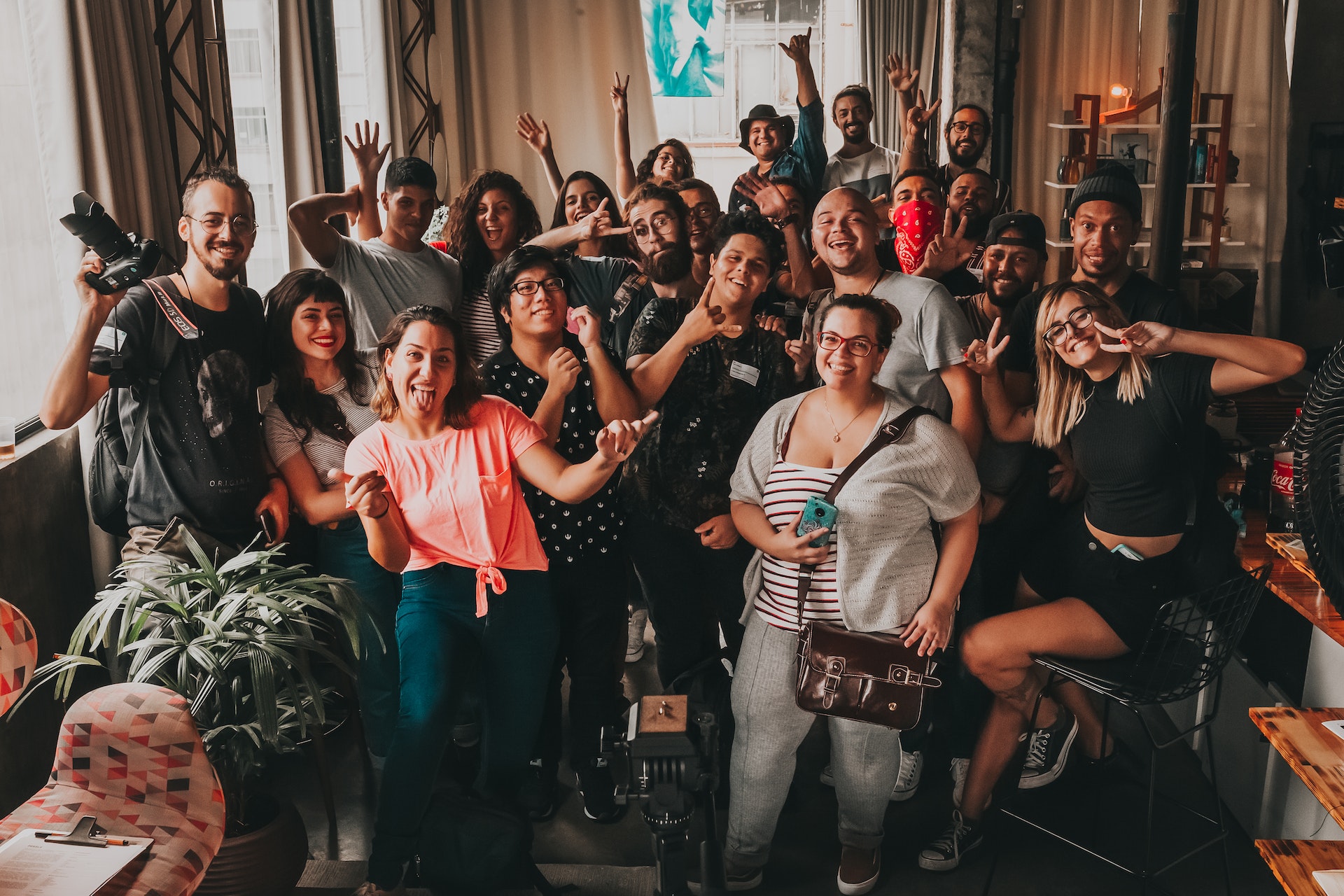I thought I would never say so, and actually feel somewhat bad about it, but I benefited personally from the 2016 Brexit referendum in two ways – materially and intellectually. Materially because house prices stopped their steep pre-referendum growth making buying and staying in the UK easier – ironically for a sworn European! The intellectual benefit had been more profound.
The Leave vote was to a large part a protest vote against perceived liberal elites which I happily identified with: educated, international, believing in openness, flexibility and meritocracy. Of course, not everyone can live by these standards, and here I want to take a closer look at a concept tied to the resulting tension: place, or in its more tangible form, local communities. Arguably many people who voted to leave the EU felt deeply rooted in their country but also that either their own leaders or some bureaucrats in Brussels didn’t care about this, e.g. making European migration a major campaign topic. Part of this has been well summarised by the idea the “Somewheres and Anywheres”.
I also felt that there is a flaw in the partly hyper-international live in London of which I am obviously a part of. Many people from all over the world come here for some time to do their thing and then leave again. However, there often is a lack of a feeling of belonging in this approach, while local communities only become lively and liveable through people committed to them. This means that there is an inherent tension in having many ‘passers-by’ (or anywheres) and a thriving local community which makes a place home (done by the somewheres). I want to offer some reconciliation to this tension here. I believe that there actually is a way of how the passers-by can contribute, e.g. through cultural enrichment, and thereby benefit even more from their communities of choice. The upshot is: Live local, even if you are global.
What do I mean by this? I mean that even if you are only living somewhere for a couple of weeks, months, or some years, always pay attention to things like your neighbours, streets, local shops, restaurants, clubs, charities, you name it. Not only pass your neighbour in the hallway looking to the floor, but look in their face and say “Hello. How are you? I am Heily. Good to get to know somebody here.” This makes one feel much better immediately and more comfortable in potentially unfamiliar surroundings.
For example, when I moved to London, I joint the work’s badminton club, largely to get to know some locals as the club wasn’t that far from home. Despite the generational gap there, my wife and I have been welcomed very warmly, while we learned a lot about British society and culture, as well as local stories and issues. At the same time, I had the impression that our presence added something new and good to the crowd, i.e. everybody benefited from integration.
While starting out from some big political issues and talking about the health of communities, there also are very tangible personal benefits from mixing with your locals, independent of you being an anywhere or somewhere. There is talk of a loneliness pandemic, especially after the Covid-19 one, with mental health issues being recognised more generally. (To note, as this blog aims to be evidence-based, there also are opposing voices to this assessment, see e.g. 1 and 2). I do believe, however, that there is a risk of loneliness (or broader mental health issues) even, and maybe especially, in our digitally connected worlds. Independent where the trends are headed, long-term research suggests that having meaningful social relations is one of the best things for your physical health and mental wellbeing. As such, integrating into local life seems like a good idea for many reasons.


Leave a Reply